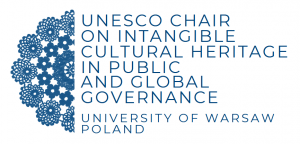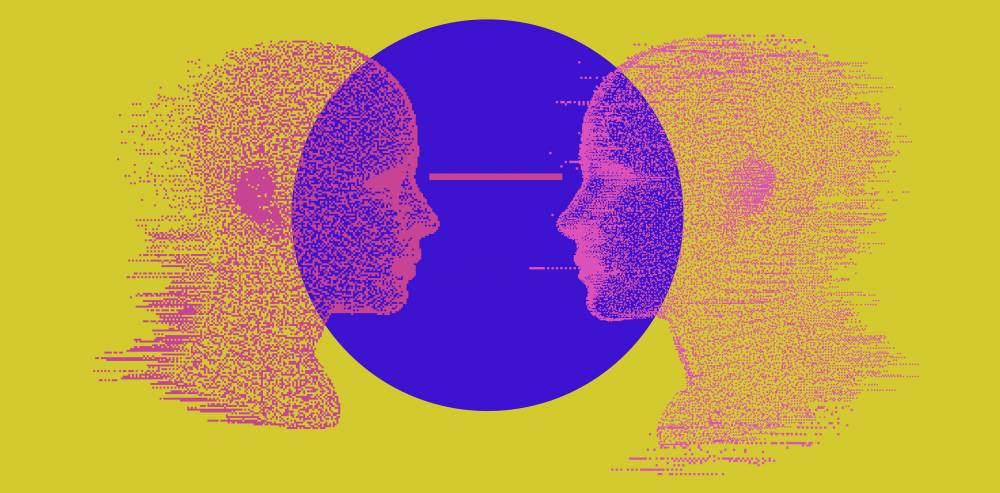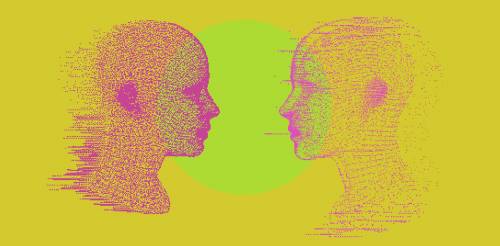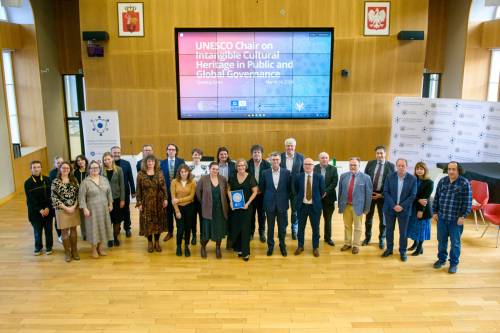On the first International Day of the Intangible Cultural Heritage on 17 October 2024, a global panel of experts explored the impact of Artificial Intelligence (AI) and Intangible Cultural Heritage.
Almost 300 participants attended the webinar moderated by Harriet Deacon, Lecturer, Centre of Excellence for Data Science, Artificial Intelligence and Modelling (DAIM) and research associate, Wilberforce Institute, University of Hull, United Kingdom, and Hanna Schreiber, UNESCO Chair on Intangible Cultural Heritage in Public and Global Governance, University of Warsaw, Poland.
Following a brief introduction to the subject, which framed what AI is and why it matters for intangible cultural heritage, the discussions examined the link between AI platforms and various aspects of living heritage safeguarding.
The benefits of AI in language preservation and transmission were highlighted through case study presentations, notably with the example of linguistic heritage in Morocco. The discussions highlighted the accuracy of AI translations in conveying general messages of ancient proverbs, leading to improved global accessibility.
The webinar also explored the impact of AI on Indigenous Peoples’ cultures, referencing the AI-centered Indigenous Populations Report, published in 2023 by UNESCO, which focused on Latin America and the Caribbean (Inteligencia artificial centrada en los pueblos indígenas: perspectivas desde América Latina y el Caribe). This report emphasizes the need for AI technologies to be inclusive and respectful of Indigenous peoples’ rights, cultures, and knowledge systems. It highlights the risks Indigenous communities face with AI development, including data misuse, cultural biases, and potential exclusion from digital advancements. A perspective from the Asia-Pacific region was provided through the Australian experience, presenting ongoing work on potential new laws protecting traditional and Indigenous knowledge.
Exploring what can be done to maximize benefits and mitigate harms for the bearers of intangible cultural heritage, the experts discussed the ethical and legal framework of AI, as well as the need to feed AI systems with more diverse data sources in order to reduce bias. Ongoing initiatives on this topic were presented, including the Cultural Intellectual Property Rights Initiative® (Cipri).
Lively chat exchanges took place throughout the meeting, demonstrating the timeliness of the topic for the stakeholders of the 2003 Convention.
This webinar was organized in cooperation with the UNESCO Chair on Intangible Cultural Heritage in Public and Global Governance.



